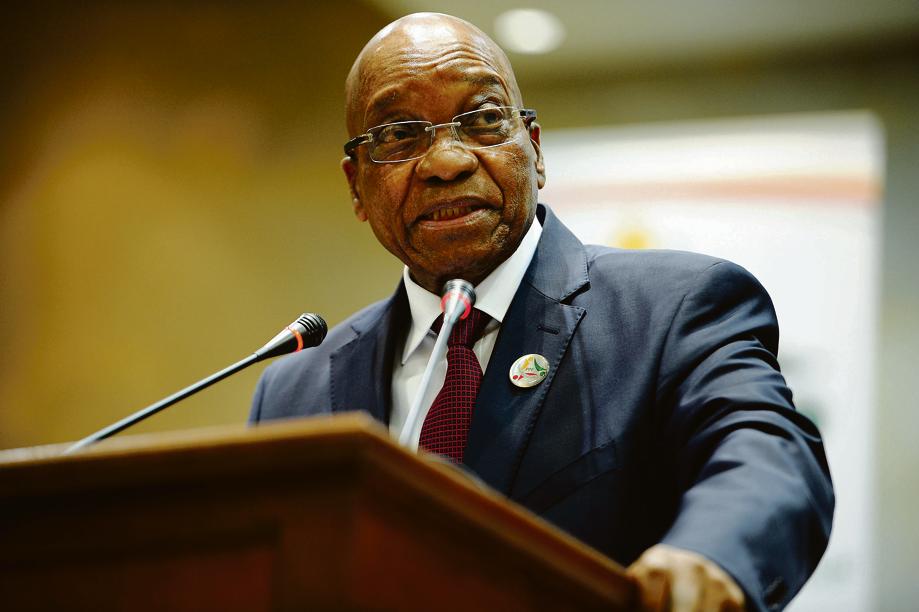President Jacob Zuma is currently in a weakened state with only a “scorched earth” strategy remaining open to him, said economist Peter Attard Montalto of Nomura in a company note on Monday.
According to Montalto, the situation in South Africa is “ultimately unpredictable”, following events last week when Finance Minister Pravin Gordhan was charged with fraud and theft, the delayed release of the public protector’s report on state capture, which is subject to an interdict process, as well as Gordhan’s court motion on Friday, requesting the court to rule he is not obliged to intervene in the Gupta bank account issue.
Montalto said the unpredictable environment and the market’s concern are partly reflected in higher bond yields, although investors are largely steering clear of the rand at the moment “after being burned by volatility last week”.
“We are likely to see a counter attack by (President) Jacob Zuma’s faction and the most important event to watch is whether the National Prosecuting Agency (NPA) moves to charge Gordhan on the so-called Sars ‘rogue spy unit’ issue,” Montalto said.
The Hawks have been investigating Gordhan and former South African Revenue Service (Sars) officials for their roles in the allegedly illegal investigative unit since the beginning of this year.
“From comments at the press conference last week and in Parliament, it appears the NPA thinks it has a case,” Montalto said. “Further revelations from Team PG (Pravin Gordhan and National Treasury), however, are also possible given the structure of his court motion.”
On Friday, Gordhan dropped a bombshell when he asked the Pretoria high court to declare that he is not legally empowered to intervene in the relationship between the Guptas and the four big banks, Absa, First National Bank, Standard Bank of SA and Nedbank.
In his court papers, it is revealed that 72 suspicious transactions totalling R6.83bn took place, all of which were related to the Guptas, or companies controlled by the family.
‘Scorched earth’ strategy
Montalto said Zuma is backed into a corner by Gordhan’s court motion.
“However, we should not underestimate the fact that he (Zuma) appeals to a particular internal constituency that the market struggles to understand. Nor should we underestimate his ability to undertake what the market might deem an ‘irrational’ course of action, like a ‘scorched earth strategy’. This is now what we most fear as it seems the ‘simple’ routes out for him are increasingly unavailable.”
Montalto noted that Parliament’s ANC caucus is increasingly and openly splitting into two factions, but he believes the anti-Zuma faction (led by ANC chief whip Jackson Mthembu) is small.
“We still think the caucus would close ranks around President Zuma in the event of a no confidence motion against him by opposition parties,” Montalto said. “But the forthcoming DA motion of support for the National Treasury may be a more complex matter.”
Things to watch out for
At a press conference on Sunday, DA leader Mmusi Maimane said the party would at the earliest opportunity table a motion in Parliament, requesting the National Assembly’s support for National Treasury’s efforts to fight corruption and state capture.
“If the ANC chief whip is serious about being more than a commentator in the media, he will instruct his caucus to support this motion,” Maimane said.
In Nomura’s company note, Montalto said the following matters needed to be watched closely:
– The DA motion in Parliament supporting National Treasury;
– Possible Cabinet resignations in the event of the public protector’s report on state capture;
Spy unit charges; and
– More comment from both sides, including a response from Zuma’s side to Gordhan’s founding affidavit submitted to the high court, as well as from the South African Reserve Bank and the banks.
[Source: News24]





 WhatsApp us
WhatsApp us 

